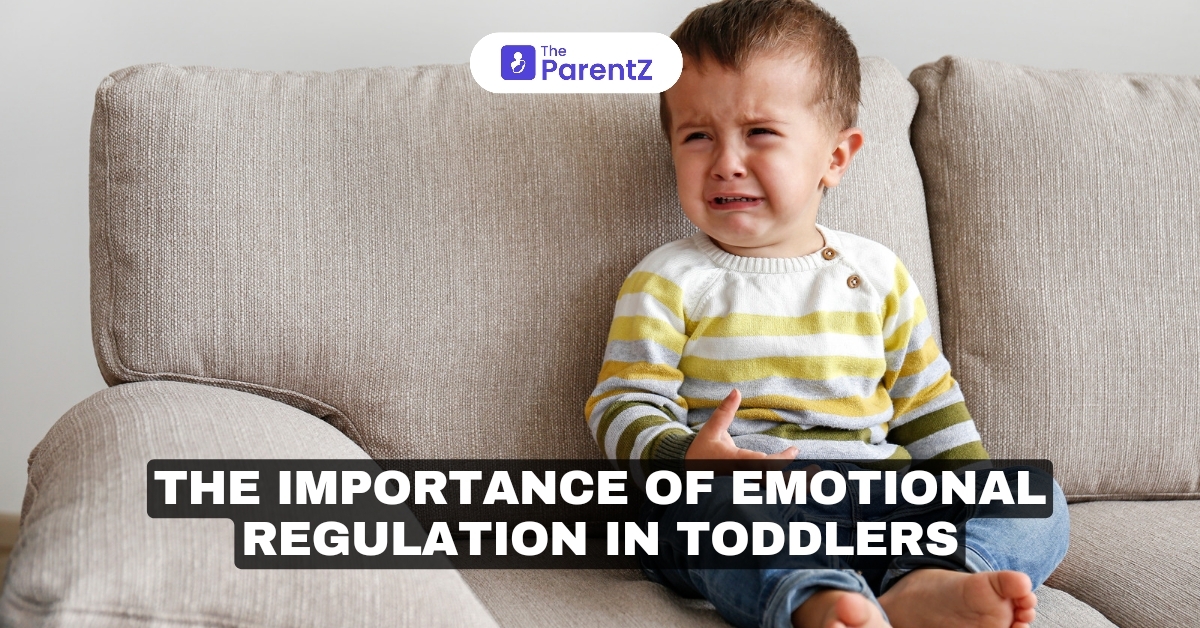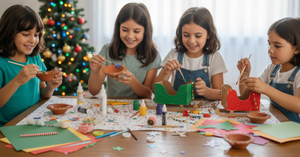Emotional regulation refers to the ability to manage and respond to emotional experiences in a healthy way. For toddlers, learning to regulate emotions is a key milestone in their development. While they are not born with this ability, parents play a vital role in helping them develop these skills.
Why is Emotional Regulation Important?
Emotional regulation is the foundation for social and emotional competence. Toddlers who learn to manage their emotions tend to have better relationships, higher self-esteem, and more successful academic outcomes. Conversely, difficulty in regulating emotions can lead to behavior issues, anxiety, or difficulty in forming social bonds.
Signs of Emotional Dysregulation in Toddlers
Toddlers are still learning how to express and manage their emotions. It’s normal for them to have meltdowns or tantrums, but chronic emotional outbursts may signal difficulty in regulating emotions. Some common signs include:
- Frequent tantrums: Unable to calm down after minor frustrations.
- Aggressive behavior: Hitting or biting when upset.
- Inability to transition: Struggling with changes in routine.
How Parents Can Help
- Model emotional regulation: Children learn by watching. When parents model calm responses to stress, children are more likely to mimic these behaviors.
- Label emotions: Teach toddlers to identify their emotions by naming them—whether it’s anger, sadness, or frustration. This helps them understand what they are feeling and how to cope.
- Offer comfort: When a child is upset, offering physical and verbal comfort can help them learn to calm down. Gentle reassurance and empathy help build emotional resilience.
- Teach problem-solving: Encourage toddlers to think of solutions to problems. For example, if they are upset about a toy, guide them to ask for it nicely or take turns.
Conclusion
Emotional regulation is a critical skill that toddlers must develop for long-term emotional well-being. Through patience, modeling, and positive reinforcement, parents can help their children navigate the complexities of their emotions, setting the stage for healthier future relationships.








Be the first one to comment on this story.